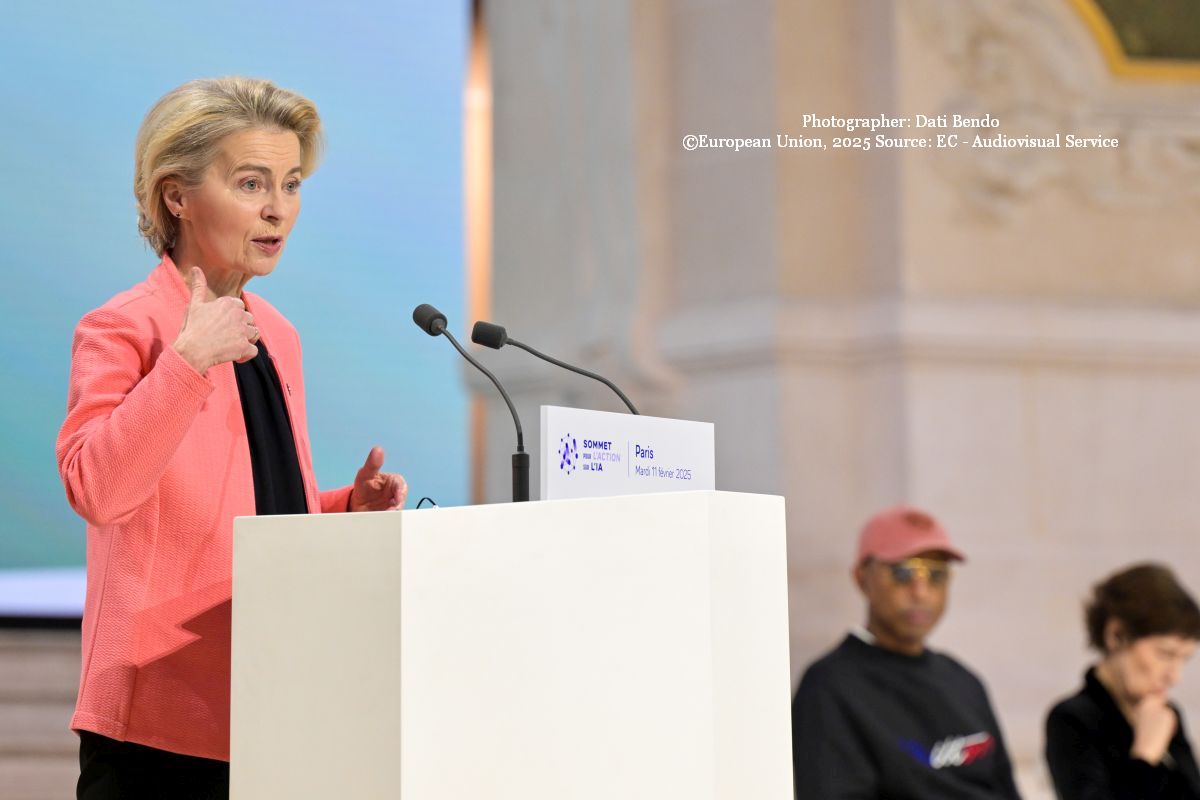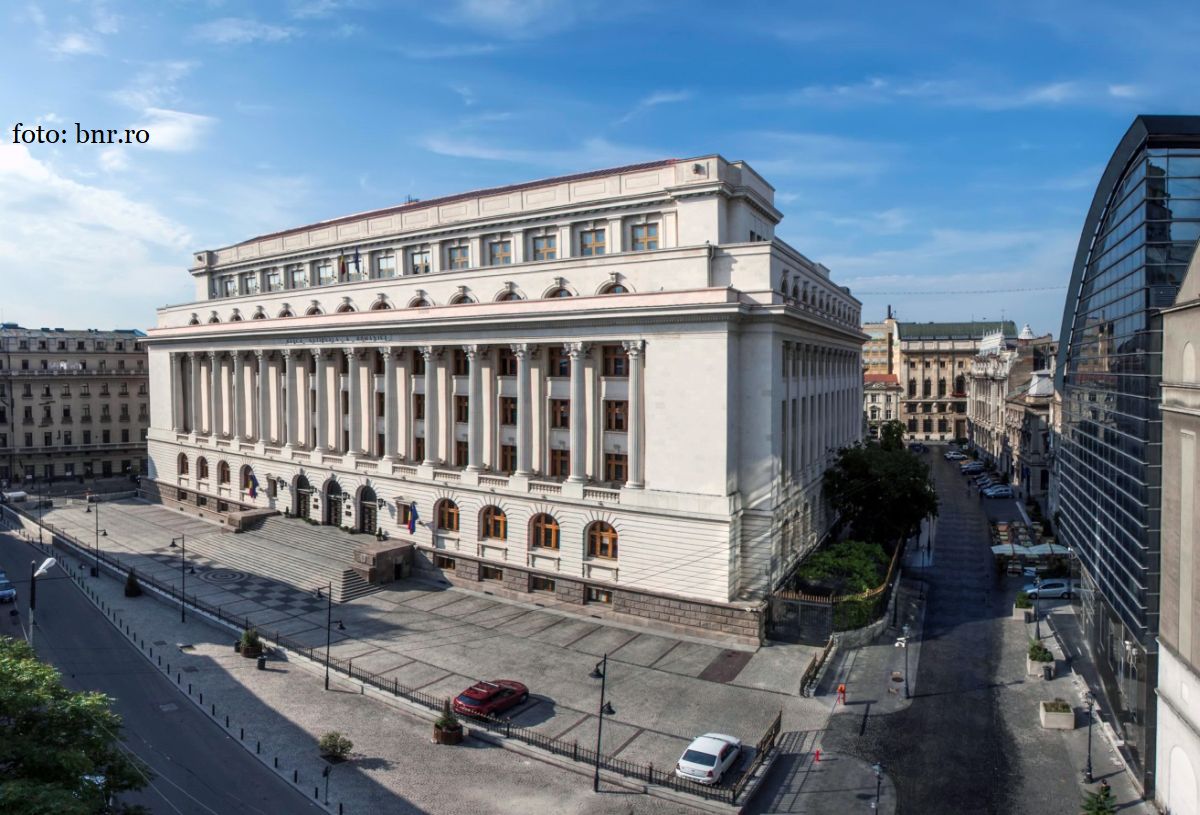A Controversial Legal Provision
Romanian Justice Minister Raluca Pruna wants to abrogate the provision according to which the convicts who publish scientific papers may benefit from shorter sentences.

Bogdan Matei, 29.01.2016, 13:42
According to literary critics, in the 1950s Romania there was a
golden generation of Romanian poets who wrote their poetry in jail. Anti-Communist
political detainees such as poets Radu Gyr, Nichifor Crainic and Andrei
Ciurunga turned into poetry the ordeal of hundreds of thousands of Romanians
sent to prison for having opposed the Soviet occupiers and the Romanian
Communist party and political police, the Securitate. In those time, a vigorous
generation of prose writers emerged in the Romanian prisons.
Today, the false
political, media, sports and business elites of Romania, who have been put
behind bars for having plundered the country, have suddenly discovered a talent
for writing essays, memoirs, historical papers or financial analyses. People
with precarious education, who used to be mocked at publicly for their grammar
mistakes, have become famous writers overnight, being the authors of books
which they claim they have written while in prison.
The stake in this cultural
frenzy is purely pragmatic. Under the current legislation, for each so-called
scientific paper, which is considered a method of re-education through work,
the sentence of a convict is reduced by one month. On Thursday, the Ethics
Committee of the Bucharest University, which is in charge of analyzing the
papers written by convicts for the purpose of reducing their sentences,
established that a paper authored by businessman George Copos was the result of
plagiarism. A former Communist activist, a former post-Communist deputy prime
minister and a former financier of the Rapid football club, Copos has already
been released from prison. He had been convicted for large-scale financial
frauds.
Under pressure from the public opinion and the academic community, the
Justice Minister Raluca Pruna has decided to set up a draft emergency ordinance
meant to eliminate the possibility of reducing the sentences of convicts who
write scientific works in prison: There is a difference between physical work and intellectual
work. For 4 days of physical work detainees receive one day off their sentence,
while for a paper called scientific work they get 30 days off.
The Superior Council of Magistracy has cautiously expressed
disagreement with the justice minister’s initiative. They say it is necessary
to toughen the conditions for the release of detainees by introducing
objective, fair and transparent criteria when assessing the scientific nature
of the books published by detainees.
Here is Adrian Bordea, a judge with the
Superior Council of Magistracy: Abrogating such a provision could be more harmful. Maybe
abrogation is not the best solution.
Justice Minister Raluca Pruna insists that an emergency ordinance
meant to abrogate the provision is absolutely necessary, since intellectual
forgery in prison has been gaining ground. At the end of 2015 alone, 45 papers
were being written, while in early January their number exceeded 100.






























